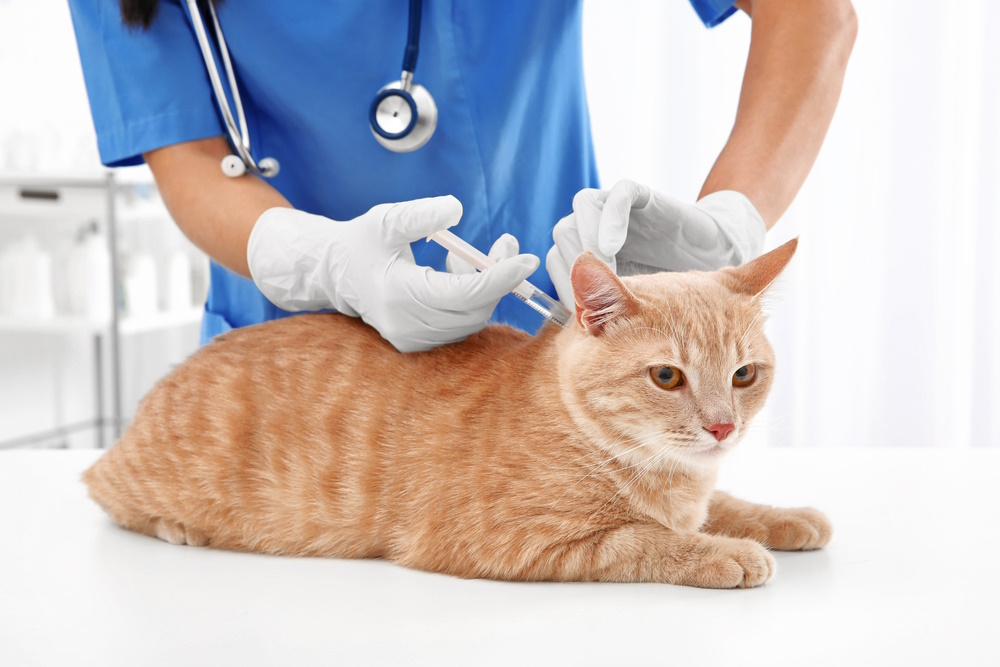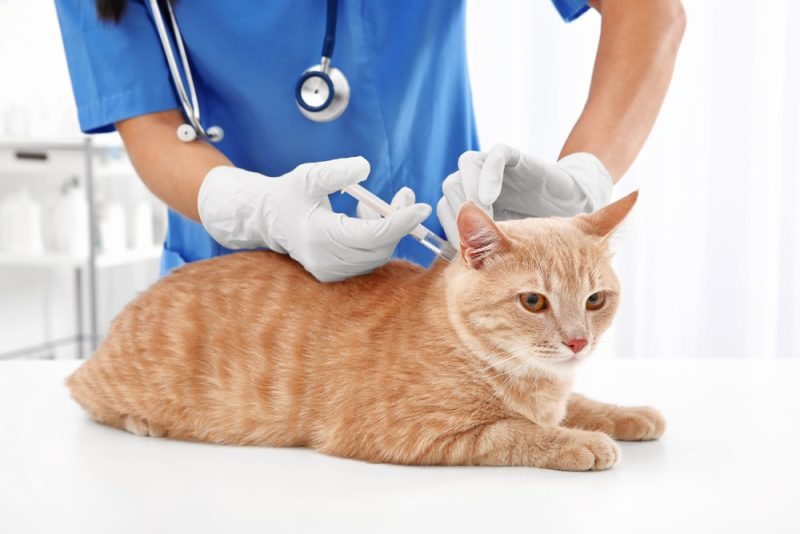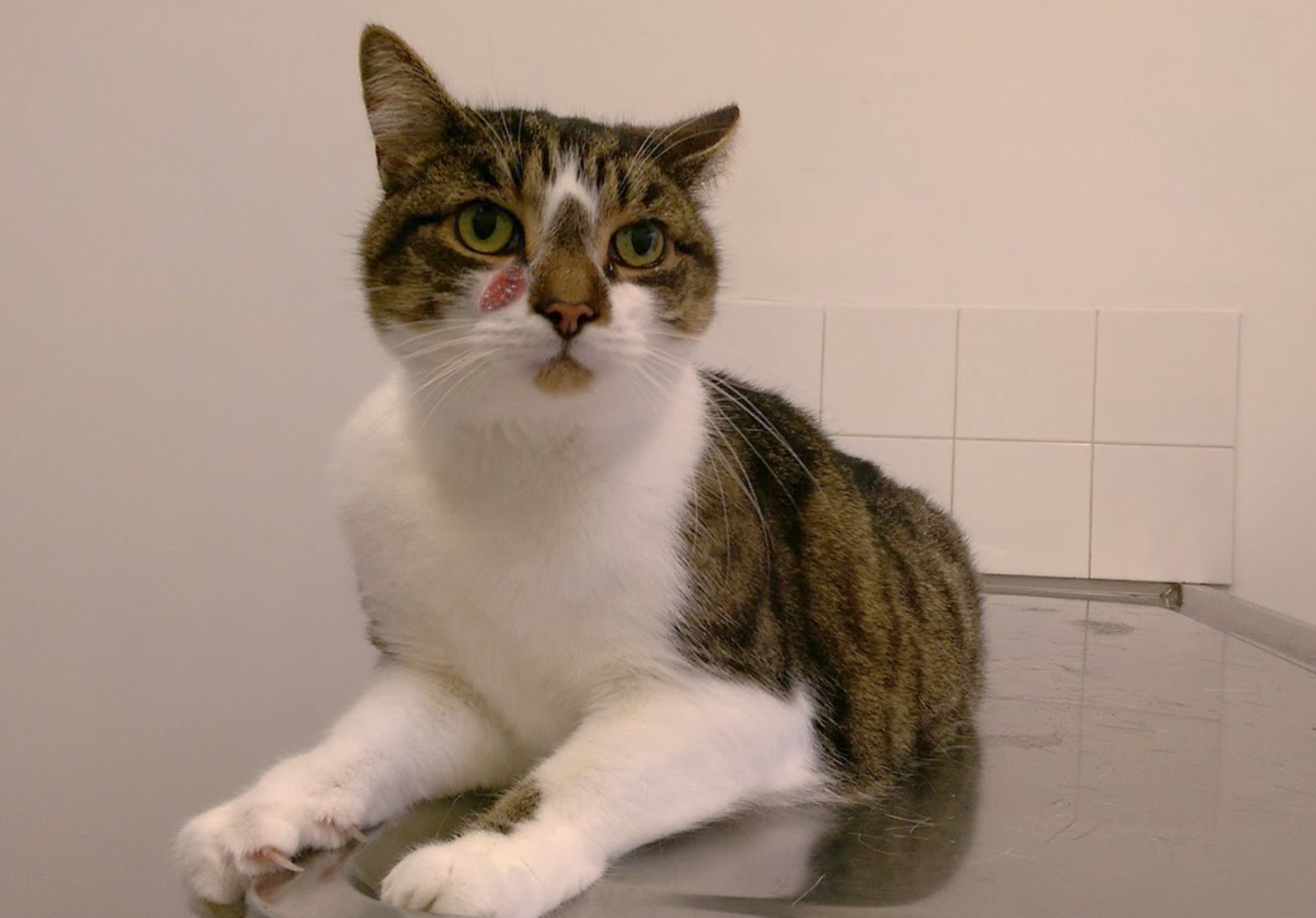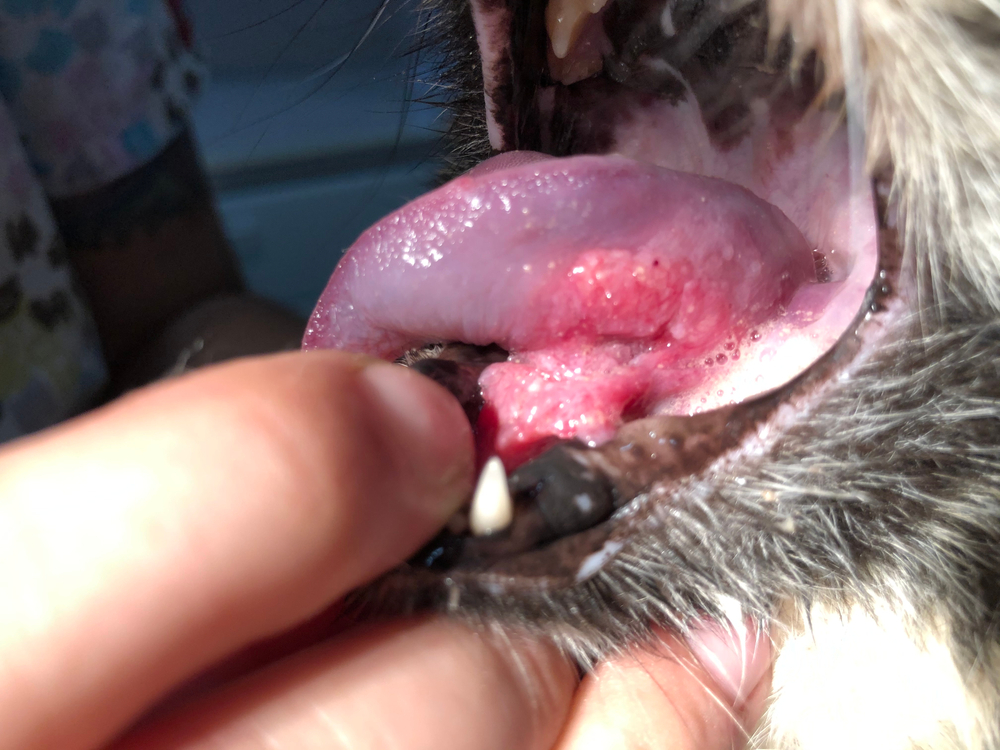Cat owners recognize that providing nutritious food, fresh, clean water, and a comfortable and safe environment is essential for happy and healthy pets. Making sure your kitten or cat is up to date on their vaccinations is also crucial. Vaccines provide protection from diseases that may cause severe illness or death. Veterinarians evaluate each kitten or cat as an individual because each can differ in which vaccines are recommended based on their age, lifestyle, and overall health. Essentially, vaccine recommendations are tailored to what will benefit and protect your kitten or cat the most.
Vaccines are generally divided into two groups: core and non-core (optional). Core vaccines are highly recommended for all cats and kittens, while non-core vaccines are recommended based on your cat’s or kitten’s lifestyle and disease risk. Considerations include if your pet is an indoor versus outdoor cat or if they have contact with other felines of unknown vaccination status.
Core vs. Non-core Vaccines
Let’s look closer at core and non-core vaccines and the diseases that they help protect your cat or kitten against.
1. Core Vaccines
Core vaccines are recommended for all healthy cats and kittens because these protect them from widespread diseases that can cause significant disease or death.
- Feline viral rhinotracheitis (also known as feline herpes virus type 1, or FHV-1)
- Feline calicivirus
- Feline panleukopenia (also known as feline distemper or feline parvo)
- The rabies virus is transmissible to humans and other mammals (zoonotic).
- It’s fatal once signs begin to develop.
- Vaccination is typically required by law starting at 3–4 months of age (state dependent).
- Protection from feline leukemia virus
- Blood testing for FeLV antigens prior to vaccination
Unfortunately, if the cat is already infected with FeLV (presence of antigens), there is no proven benefit for vaccination.
2. Non-core (Optional Vaccines)
Non-core vaccines are recommended based on your cat’s or kitten’s age, environment, lifestyle, and disease risk.
- Protection from feline leukemia virus
- Blood testing for FeLV antigens prior to vaccination
Unfortunately, if the cat is already infected with FeLV (presence of antigens), there is no proven benefit for vaccination.
- It’s not typically used in pet cats.
- It may provide incomplete protection.
- It may provide incomplete protection.
- There’s a higher risk of adverse reactions.
Finally, the feline infectious peritonitis (FIP) vaccine is not generally recommended because there is not enough evidence to suggest protection.
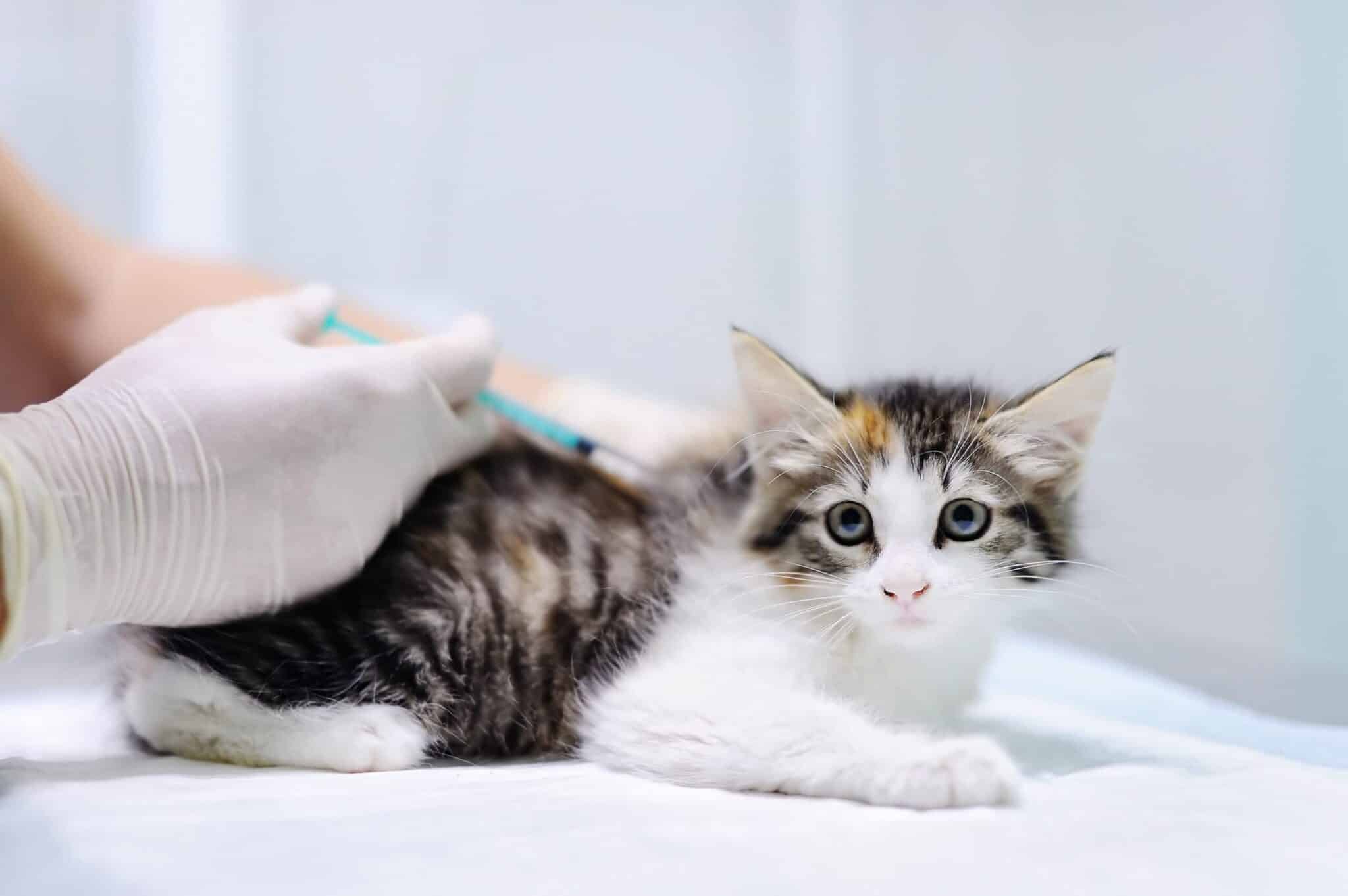
Vaccine Schedule
Now let’s delve into the vaccine schedule, or when and how often your pet may need a certain vaccine to be considered protected and up to date. Remember, vaccine recommendations are made depending on your cat’s or kitten’s age, environment, lifestyle, and disease risks. The frequency of vaccination may also depend on the maker of the vaccine, a.k.a. the vaccine manufacturer.
| Vaccine | ≤16 weeks of age | ≥16 weeks of age | Boosters |
| FVRCP (core) | Starting at 6–8 weeks of age, administer every 3–4 weeks until 16–20 weeks of age (3–4 total vaccinations) | Two doses, 3–4 weeks apart | Booster once annually, then every 3 years |
| Rabies (core) | Schedule may vary depending on state laws and regulations | One dose at 3–4 months of age (12–16 weeks) | Annually or every 3 years (depending on the vaccine manufacturer) |
| FeLV (core for cats and kittens <1 year; non-core for cats >1 year of age) | Starting at 8 weeks of age: two doses, 3–4 weeks apart | Two doses, 3–4 weeks apart | High risk: annually Low risk: booster every 2–3 years |
It may be confusing to determine if your pet needs a certain vaccine. A great online tool to help you with the decision is the feline lifestyle-based vaccine calculator by the American Animal Hospital Association. It is free to use, and it can assist you with vaccine suggestions based on your pet’s age and relevant risk factors. That said, you should always consult with your veterinarian about your cat’s vaccine needs.

If you need to speak with a vet but can’t get to one, head over to PangoVet. It’s an online service where you can talk to a vet online and get the personalized advice you need for your pet — all at an affordable price!
Conclusion
Vaccines are a vital part of your pet’s health and well-being. They protect cats and kittens from infectious diseases and prevent the spreading of disease from one cat to another and in some cases, from cats to other animals and vice versa. By working closely with your veterinarian, you can determine which vaccines are recommended based on your cat’s risk factors and ensure that your pet is properly protected.
Featured Image Credit: Africa Studio, Shutterstock

